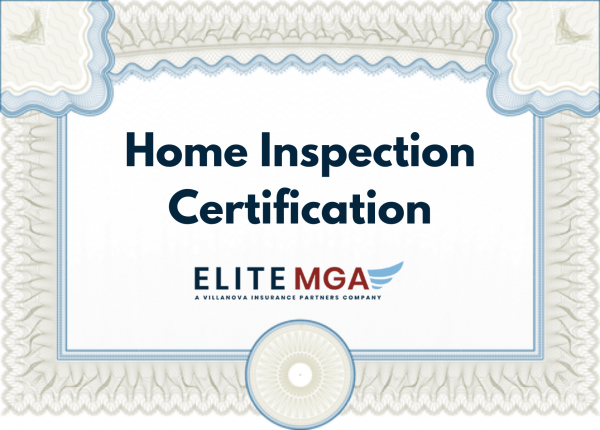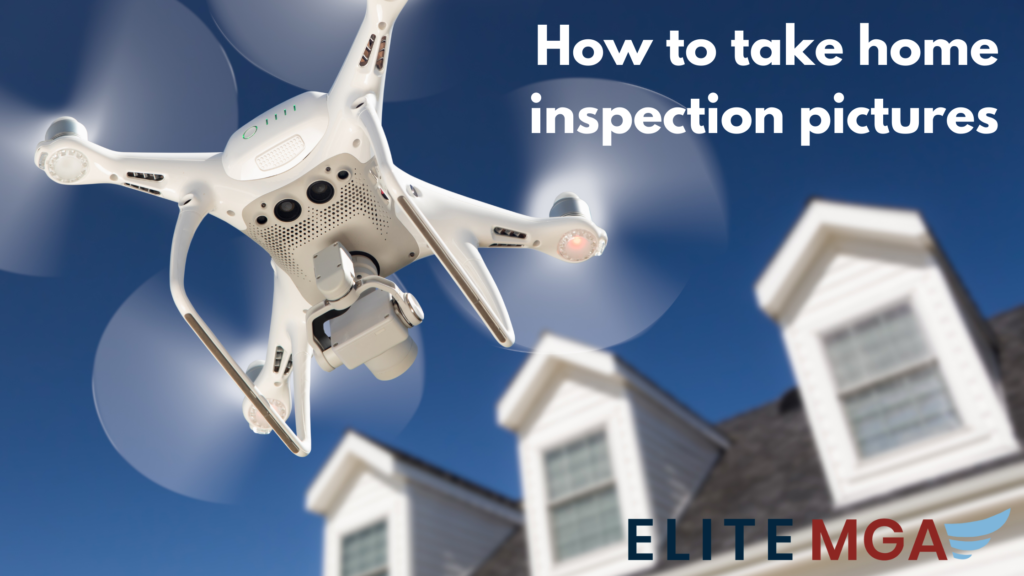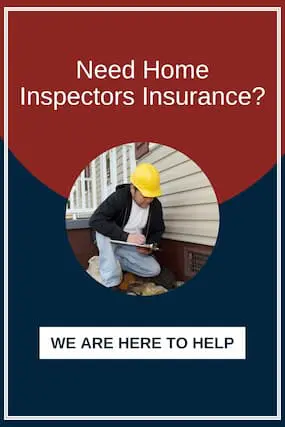A certified home inspector is a vital part of the home purchasing process for both the buyer and the seller. They ensure a fair sale by highlighting potential defects in a home which helps alleviate unplanned complications down the road.
When exploring your options for the best home inspection certification program, it’s important to weigh factors such as cost of the program or recertification, course curriculums and time to complete the certification. Next, be sure you’re familiar with the licensing or certification requirements in the area you’ll be inspecting; different states have different licensing requirements. Learn your state insurance requirements for home inspectors.
What Is a Home Inspector Certification Program?
A home inspection certification program educates and prepares you for a successful career as a licensed home inspector. These programs are typically available online for a flexible learning schedule. The training courses should teach you what to do during each step of a home inspection such as the proper techniques for inspecting a home, what to look for, and how to spot potential problems.
These programs typically offer training on how to create an official home’s inspection report. Continuing education courses may also be offered to remain current on home inspection developments and the ever-changing rules, regulations and licensing requirements that can vary from state to state. The home inspection certification program may also offer supplemental courses for those wishing to add specialty inspections including radon testing, mold testing, septic system inspections, pool inspections or new construction inspections.
What Type of Certifications are Required to be a Licensed Home Inspector?
Not every state requires a certified home inspector to be licensed, however most states will require 60 to 140 hours of coursework including specific classes, passing an exam and up to a year of on-the-job training with an experienced home inspector. You’ll find that every home inspection certification path will broaden your understanding of home types, code of ethics, standards of practice, best practices and risk management.
While each home inspection certification program has its own specific coursework requirements, most will include training in the following categories sometimes labeled as home inspection fundamentals:
|
|
|
|
|
|
|
|
|
|
|
|
|
|
|
|
|
|
Based on your state or a desire to offer multi inspector type service, more specified coursework might be required or you might find it extremely beneficial for the success of your business if you have these home inspection certifications:
|
|
|
|
|
|
|
|
|
|
|
|
|
|
|
Thirty five states require a home inspector to be licensed and certified and many require belonging to a nationally accredited Home Inspector Organization. Find out if your state requires a home inspection certification license.
Which Certification is Best?
While there are numerous home inspection certification schools and institutes out there, finding which one fits your education, career and lifestyle can be a challenge. We recommend finding a certification institute with the option for free introductory classes to see if this style of teaching or even if this career path is right for you.
The International Association of Certified Home Inspectors offers its members in-person seminars and online coursework. They have been helping home inspectors get certified for nearly thirty years. With over a thousand accredited courses to choose from, members or non members may choose one or many concentrated paths for their future. InterNACHI also offers a wide range of tools, tips and suggestions for growing a successful home inspection career and business.
Now That You’re Certified as a Home Inspector, What Next?
After you’ve taken all the classes and passed the home inspection certification exams, it’s time for the next step: protecting everything you’ve worked so hard for with home inspection insurance from EliteMGA.
Many states require home inspectors to be insured with General Liability Insurance to cover property damage or personal injuries. Most states require E & O Insurance (Errors and Omissions) in the event that days, months or years down the road the homeowner discovers a defect in their home and holds the home inspector liable. Be sure to research your state’s insurance requirements by starting with a state by state requirements comparison.
The process can be overwhelming trying to determine what insurances are needed to properly protect yourself and your business. EliteMGA has been dedicated for more than fifteen years to providing home inspection insurance created by home inspectors and for home inspectors. For any questions or assistance you may need in your state’s home inspection insurance, contact the experienced team at EliteMGA today.





